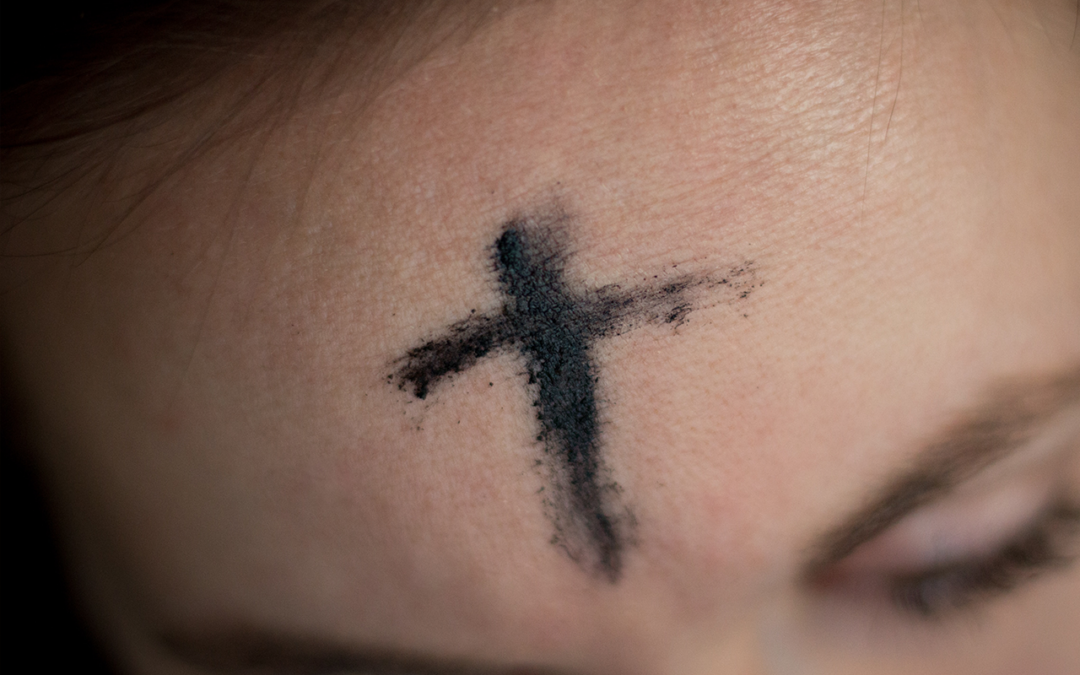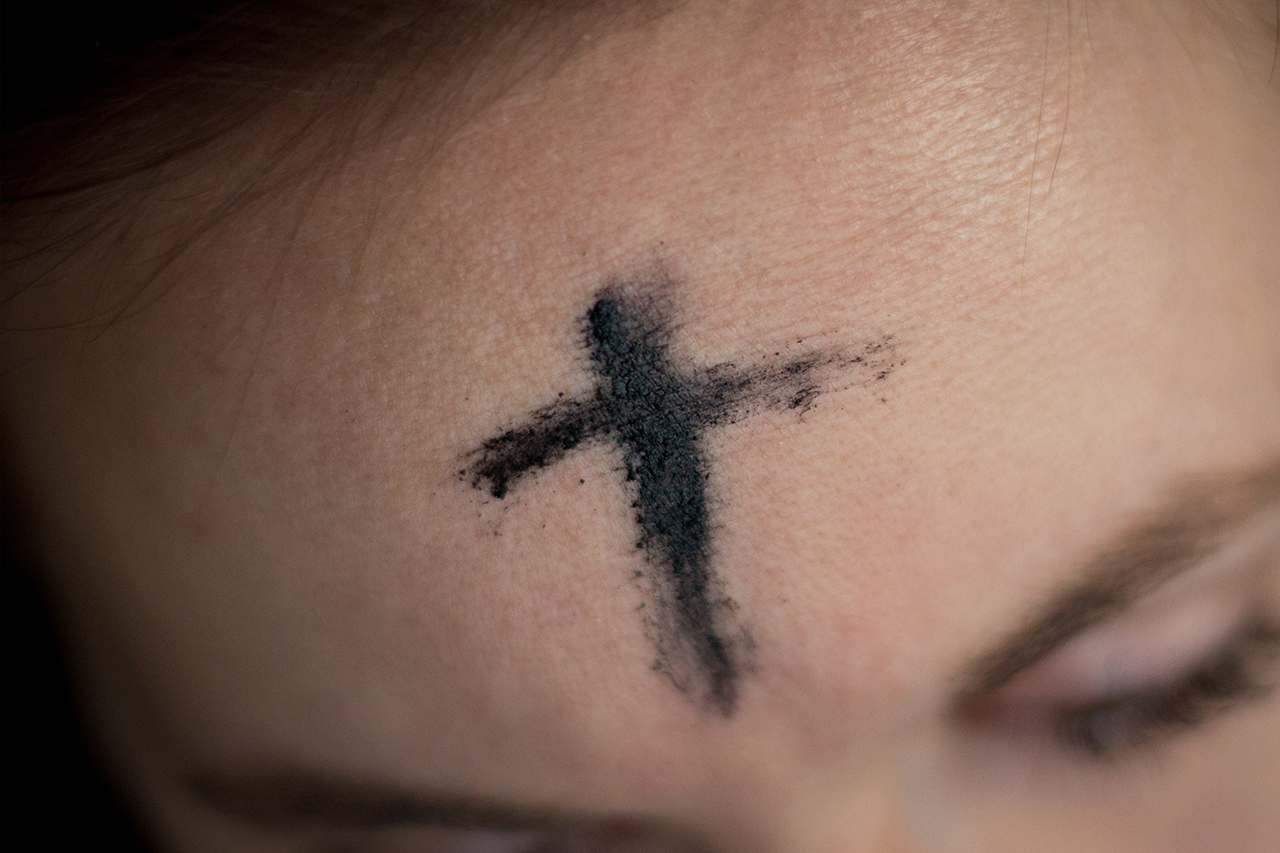One of the most pleasant surprises of my three years in seminary in Washington, D.C., was learning about the Christian calendar. I knew something about it, but not much. I knew, for example, that Advent came before Christmas. I did not know, however, that Advent was a time of preparation for the return of Jesus in final glory more than preparation for the birth of Jesus. (It was one of those things that just kind of made immediate sense when someone said, “Jesus has already been born, we don’t need to prepare for his birth. We need to prepare for his return.”)
Of all the things that I learned about the Christian calendar, I think it was my understanding of Lent that has had the most lasting impact on my life as a follower of Jesus Christ. Here’s why: nothing I have done has helped me appreciate the meaning of Easter more than learning to walk through a disciplined season of fasting and self-denial during Lent.
I believe Ash Wednesday and Holy Week in particular are the keys to a holy Lent. Since we are nearing Holy Week, I wanted to offer a reminder of and encouragement toward intentional observance and active engagement in Holy Week.
First, let’s quickly review what Lent is. Lent is a forty-day season of fasting and preparation for Easter. It starts on Ash Wednesday and continues until Easter Sunday. (Easter starts on Easter Sunday, so it is not included in Lent.)
This year, Ash Wednesday was on February 22. If you take out a calendar and count the days from Ash Wednesday through the Saturday before Easter, often referred to as Holy Saturday, you will find that there are forty-six days. One of the first questions people ask when learning about the liturgical calendar, then, is, “Why are there forty-six days in Lent, and not forty?” The answer is that every Sunday is a feast day, or a celebration day, where we celebrate the resurrection of Jesus Christ from the dead. The six Sundays of Lent, then, are not included in the season of fasting and self-denial. This is also why you may notice that some people do not maintain their Lenten fast or abstinence on Sundays during Lent. In other words, someone who has given up coffee for Lent may drink coffee on Sunday.
Lent begins with Ash Wednesday, which primarily focuses on our mortality. Often at an Ash Wednesday service, congregants will be given an opportunity to come forward and have ashes placed on their foreheads in the sign of the cross. The person who imposes the ashes will often say, “From dust you came, and to dust you will return. Repent and believe the gospel.”
At first glance, this may seem bizarre and morbid. I, however, have found it to be a helpful way of thinking about things of ultimate significance before they happen. To give a fresh example from my own life: my mother died at the beginning of this year. I am still very much in the process of grieving her death. But I am grateful that for about twenty years, I have been going to Ash Wednesday services where I have been reminded that it is only a matter of time before the people I love the most will die and that I will too (unless Jesus returns first).
I am convinced that it is healthy and important to talk about death before we are confronted with it. When someone’s life is crushed by death, it is too late to rationally discuss death, the resurrection, and so on. Ash Wednesday is a gift to be embraced, not to be feared.
Ash Wednesday kicks off the season of Lent, which has six weeks of fasting and self-denial and culminates in Holy Week.
I cannot say this strongly enough: if you have not been participating in a Good Friday service, doing so will increase your understanding of Easter and your ability to celebrate the resurrection of Jesus Christ from the dead more than anything else you can do.
Here’s why: the Sunday before Easter is Palm Sunday. You may have been to a Palm Sunday service. Children are often given palm branches as they march around the sanctuary saying, “Hosanna” and “Blessed is the one who comes in the name of the Lord!”
It is virtually impossible to cover the events of Jesus’ Triumphal Entry into Jerusalem up to and through Jesus’ betrayal, trial, crucifixion, and death on the cross in one Sunday. And it is a serious distortion of the Gospels if we jump from Palm Sunday to Easter Sunday and, in doing so, leap across Jesus’ death.
Holy Week, then, is a time where it is important to slow down and spend time together in worship as we walk through the world-changing events of that week. Not all churches have services on Maundy Thursday, Good Friday, and Holy Saturday. My advice is this: at a minimum, go to a Good Friday service that focuses on the narrative of Christ’s Passion from one of the Gospels. I urge you to make time for this every year. We need to be confronted with what Jesus suffered. We need to remember that he was abandoned and betrayed. We need to see the injustice.
Why? Because we cannot fully comprehend the meaning of the empty tomb if we have not seen Jesus’s broken and lifeless body placed in it. We will not be able to celebrate Jesus’s utter triumph over sin and death if we do not take time to look at his willingness to go through the worst it could do to him.
“Christ suffered for our sins once for all time. He never sinned, but he died for sinners to bring you safely home to God. He suffered physical death, but he was raised to life in the Spirit.” (1 Peter 3: 18, NLT)
We must journey through Holy Week intentionally and thoroughly because we cannot fully understand the solution if we have not fully understood the problem. Once we have fully grasped the problem, we can truly rejoice and praise God for all that he has done for us in Jesus Christ’s death and victory over death. We can appreciate why it matters that we confess in the Apostles’ Creed that “the third day he rose from the dead.”
Good Friday is the key to a more meaningful celebration of Easter Sunday. Those of you who have attended Good Friday services know what I’m talking about. If you haven’t yet, make it a priority this year. You will not be disappointed. If your church offers Maundy Thursday or Holy Saturday services, attend those too.
Holy Week is like other things in life: the more you put into it, the more you get out of it. Invest in Holy Week this year. Prepare to celebrate the news that has forever and completely altered human history: Christ is risen!


